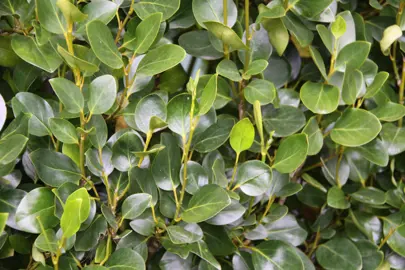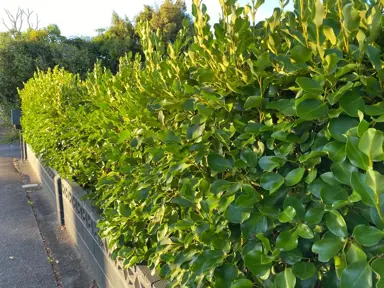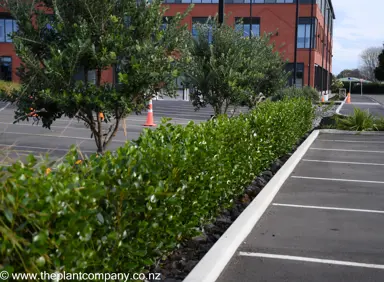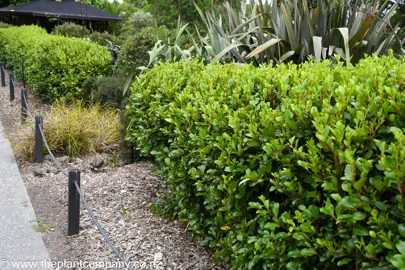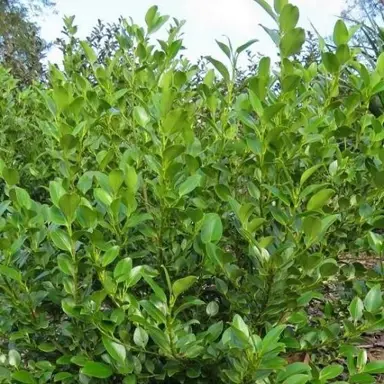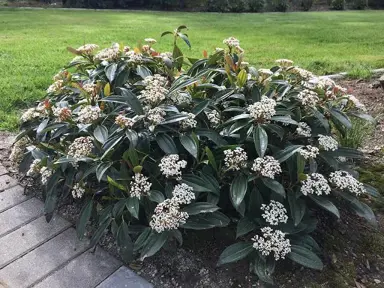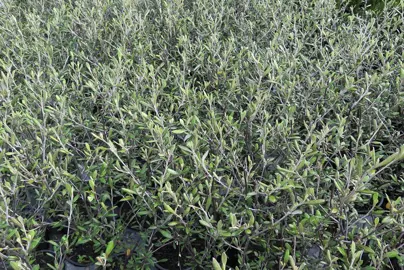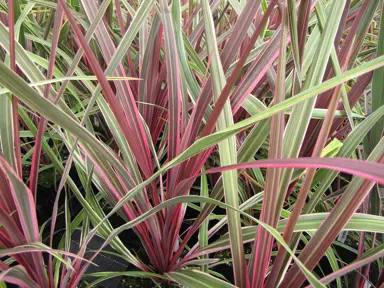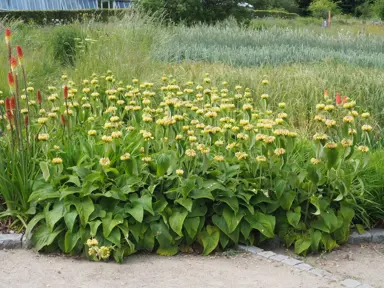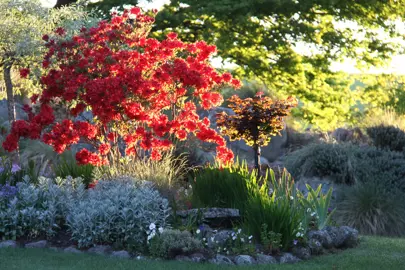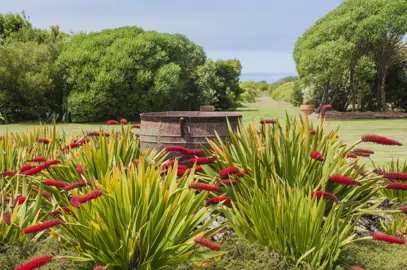Griselinia Whenuapai
Griselinia Whenuapai is a compact and hardy native shrub from New Zealand that delivers year-round structure and vibrant greenery. Its dense, dark green foliage and naturally tidy form are ideal for creating low-maintenance hedges, privacy screens, or borders in coastal and urban gardens alike. Thriving in full sun to partial shade and tolerant of salt-laden winds, Griselinia Whenuapai is a reliable performer in a wide range of New Zealand landscapes.
Griselinia 'Whenuapai' is currently unavailable, but we do have other other amazing species and varieties of Griselinia available.
explore them hereNotify me when this is available:
Please enter your email address below if you would like to know when it becomes available again.
